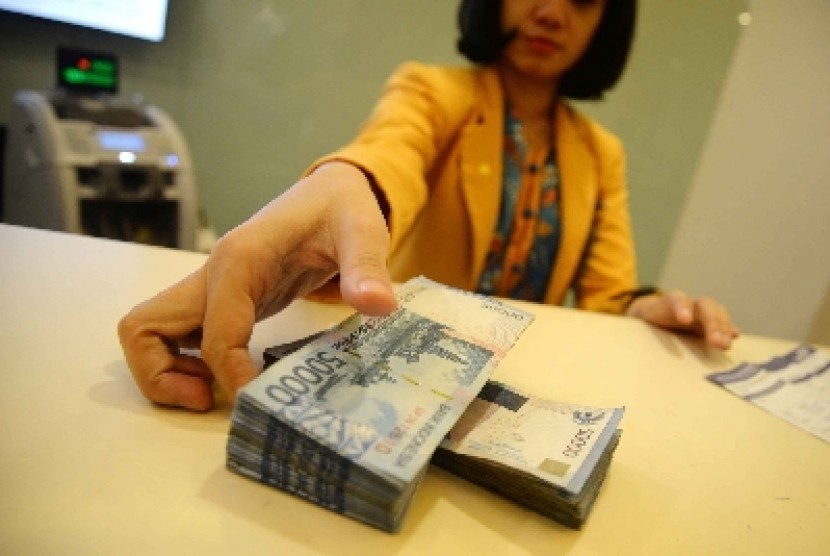REPUBLIKA.CO.ID, JAYAPURA -- The Financial Service Authority (OJK) said high non performing loan (NPL) is the main problem faced by banks in Papua and Papua Barat.
Head of OJK for the two provinces Prio Anggoro said NPL in Papua was 5.05 percent and in Papua Barat it was 5.69 percent - exceeding the maximum level of 5 percent considered healthy by the central bank.
Prio attributed the problem to declining corporate performance in the two provinces.
"The impact was a decline in the performance of the financial sector," he said, adding, improvement is needed in credit risk management.
For that purpose OJK has launched the BPD transformation program at the state palace attended by Papua governor in May 2015, he said.
With the program, BPDs, which are regional development banks owned by regional administrations, are expected to be stronger, more competitive to have greater contribution to regional economic development, he said.
"In addition, profit margins of banks in Papua and Papua Barat are higher than the national average of 5.45 percent with net interest margin (NIM) of 7.74 percent in Papua and 10.57 percent in Papua Barat," ujarnya.
The NIM is high in the two provinces because of inadequate infrastructure that results in higher operating cost.
"Currently OJK together with the industry , the government and Bank Indonesia are seeking to bring down the NIM," he said.
He said OJK will soon launch incentive program for banks with low NIM.
Separately, he said OJK is pushing for the implementation of a financial access accelerate program in Papua and Papua Barat to create a more equitable, and inclusive economic growth.
The program of regional financial access acceleration would need active participation of the regional administration.
Therefore, a team for the acceleration of regional financial access(TPAKD) would be set up, he said.
"The TPKAD will have synergy with the regional administration, Bank Indonesia, Central Bureau of Statistics (BPS), the industry, associations and other related agencies," he said.
He said OJK will be focused on reviving productive economic activities by strengthening the capacity of micro, small and medium enterprises (UMKMs),development of regional economy and strengthening priority economic sectors.
"With stronger UMKMs and priority economic sectors, we are confident we could improve the regional economic structure especially if the policy all potency of financial service sectors could be integrated to turn out greater synergy to achieve stable and sustainable economic growth ahead," he said.
Meanwhile, the head office of OJK has prepared various policy priorities in the banking sector , stock markets, and non bank financial industry IKNB), and education in consumer protection.
The policy priorities include increase in the volume of productive financing , funneling of people business credits (KUR), increase in the contribution of sharia banks and BPDs and revitalization of People's Credit Banks (BPRs), and improvement of infrastructure of capital market, and simplification of process of initial public offering and development of infrastructure for UMKMs planning to go public.
Meanwhile in Solo, Central Java, an expert warned against misspending of funds in the form of KUR.
Banks named by the government to distribute KURs should find the right method of funneling out KURs, an economic lecturer at the University of Slamet Riyadi (Unisri)Suharno said.
Wrong funneling of the KUR fund would create new big problem, he said, adding, the government has set aside Rp100 trillion for KURs with an annual interest rate of 9 percent.
In 2017, the government plans to raise the amount of the low interest credit facility to Rp120 trillion, aimed at boosting the people's economy, Suharno, who is chairman of the supervisory board of Bank Solo.


